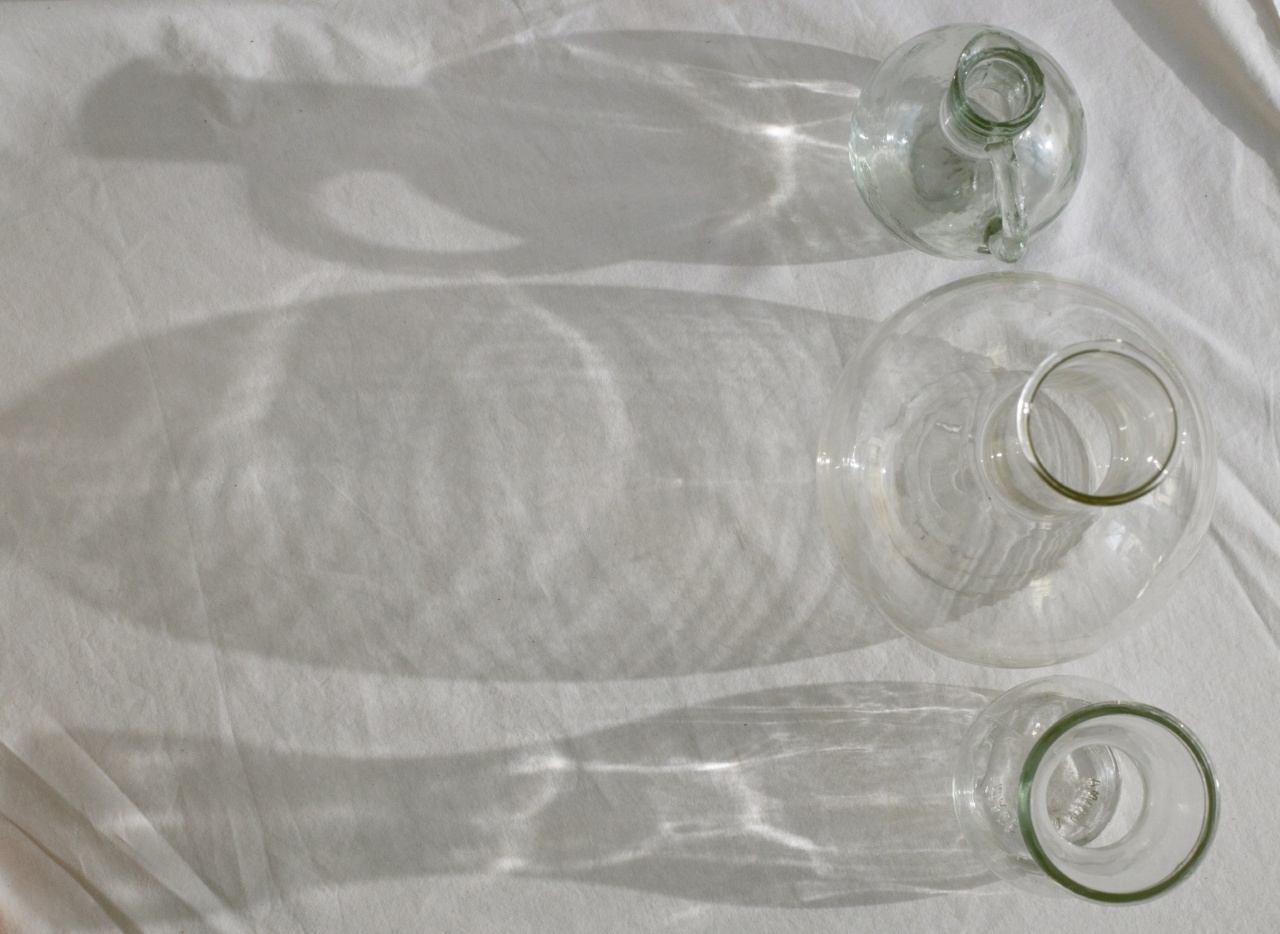The world is buzzing with different diet plans and techniques that promise to help you achieve your desired weight. However, not all of them are effective or safe. One such diet plan that has been gaining popularity in recent years is the chemical diet.
This diet is based on the principle of consuming foods that aid in the metabolism of fat and help you lose weight in a short period of time.
But what is this chemical diet all about, and how does it work? Here, we will dive deep into the science behind the chemical diet.
What is the Chemical Diet?
The chemical diet is a diet plan that lasts for seven days. It is a low-calorie diet that aims to help you lose weight in a short period of time.
The foods that are included in this diet are rich in fiber, protein, and carbohydrates that aid in speeding up your metabolism. The chemical diet is also referred to as the Royal Danish Hospital Diet, the Copenhagen Diet, or the Tuna Diet.
How Does It Work?
The chemical diet works on the principle of consuming foods that increase your metabolic rate. When you eat foods that are high in fiber and protein, your body requires more energy to digest them.
This leads to an increase in your metabolic rate, which helps in burning more calories.
Another key component of this diet is the restriction of calorie intake. The diet restricts your daily calorie intake to around 800 to 1,000 calories per day.
This calorie restriction, coupled with an increase in metabolic rate, leads to rapid weight loss.
In addition to this, the chemical diet also focuses on the consumption of water and green tea. Drinking water helps in flushing out toxins from your body, while green tea is known for its metabolism-boosting properties.
What Foods can You Eat on the Chemical Diet?
The chemical diet is based on a strict meal plan that needs to be followed for seven days. Here is a breakdown of the foods that you can consume during this period:.
- Day 1: Consume only apples for breakfast, lunch, and dinner. You can consume up to six apples a day.
- Day 2: Consume boiled or poached eggs for breakfast. For lunch and dinner, you can have steamed or grilled chicken with a side of greens.
- Day 3: Consume boiled or poached eggs for breakfast. For lunch and dinner, you can have steamed or grilled fish with a side of greens.
- Day 4: Consume skimmed milk and bananas for breakfast, lunch, and dinner. You can consume up to eight bananas and three glasses of skimmed milk during the day.
- Day 5: Consume two beef steaks for breakfast, lunch, and dinner. The meat should be grilled or steamed, and you can have a side of tomatoes.
- Day 6: Consume only boiled or poached eggs for breakfast. For lunch and dinner, you can have steamed or grilled chicken with a side of greens.
- Day 7: Consume only brown rice for breakfast, lunch, and dinner. You can have a side of vegetables.
Is the Chemical Diet Effective?
The chemical diet is effective in aiding rapid weight loss. However, this diet should not be followed for an extended period as it can cause various health problems.
Consuming a low-calorie diet for a prolonged period can lead to nutrient deficiencies and can weaken your immunity system.
While this diet can help you achieve your desired weight in a short period, it is always recommended to follow a balanced diet that provides all the necessary nutrients to your body.
Conclusion
The chemical diet is a low-calorie diet that restricts your daily calorie intake to around 800 to 1,000 calories per day. This diet aims to increase your metabolic rate by consuming foods that are high in fiber, protein, and carbohydrates.
Although this diet can help in rapid weight loss, it is not recommended for an extended period. Consuming a balanced diet that provides all the necessary nutrients is always recommended.



























